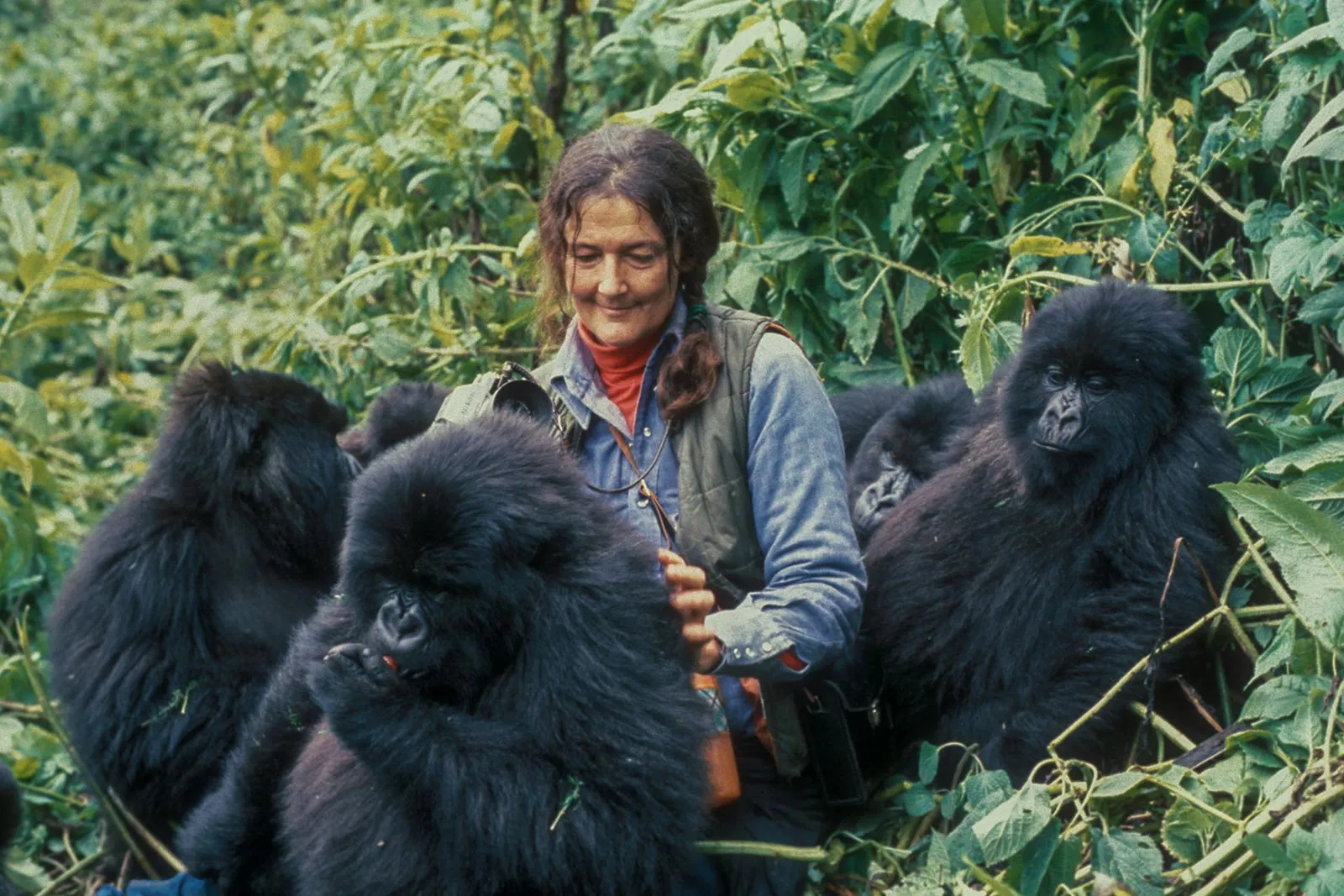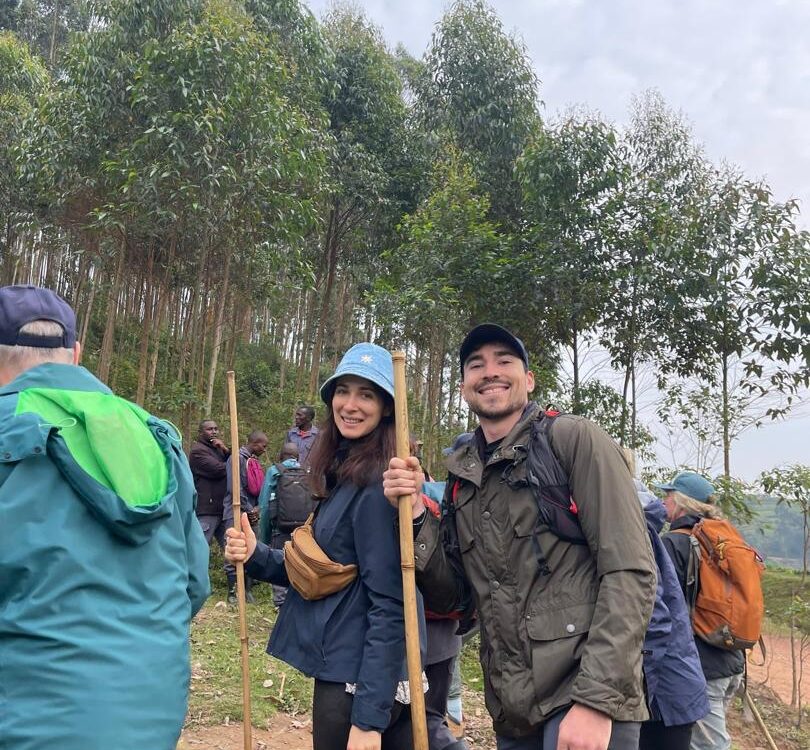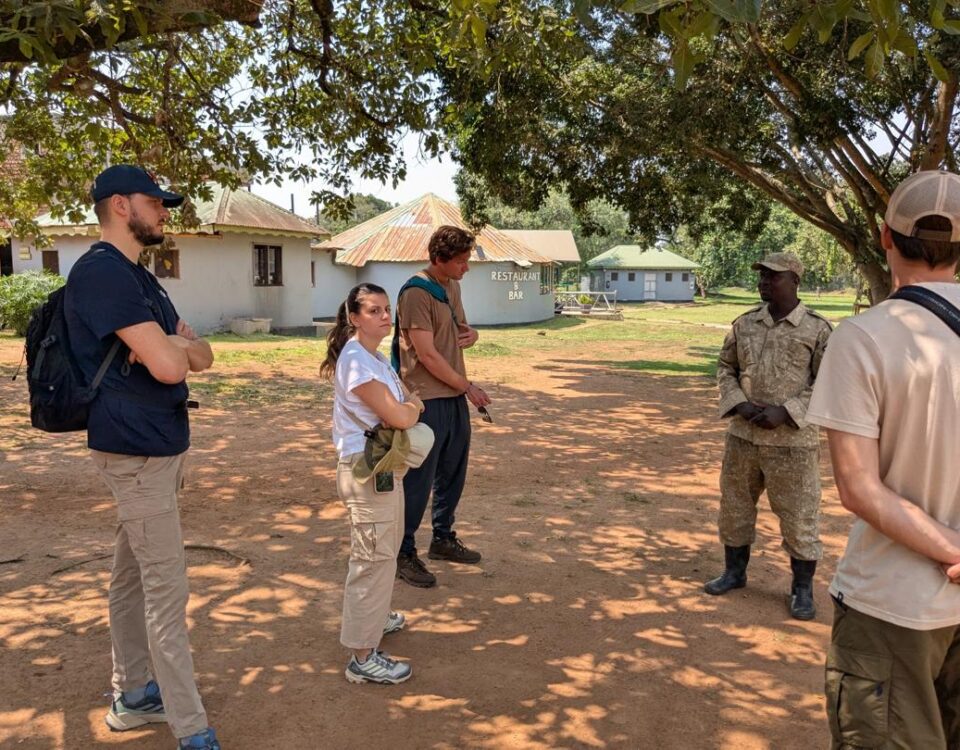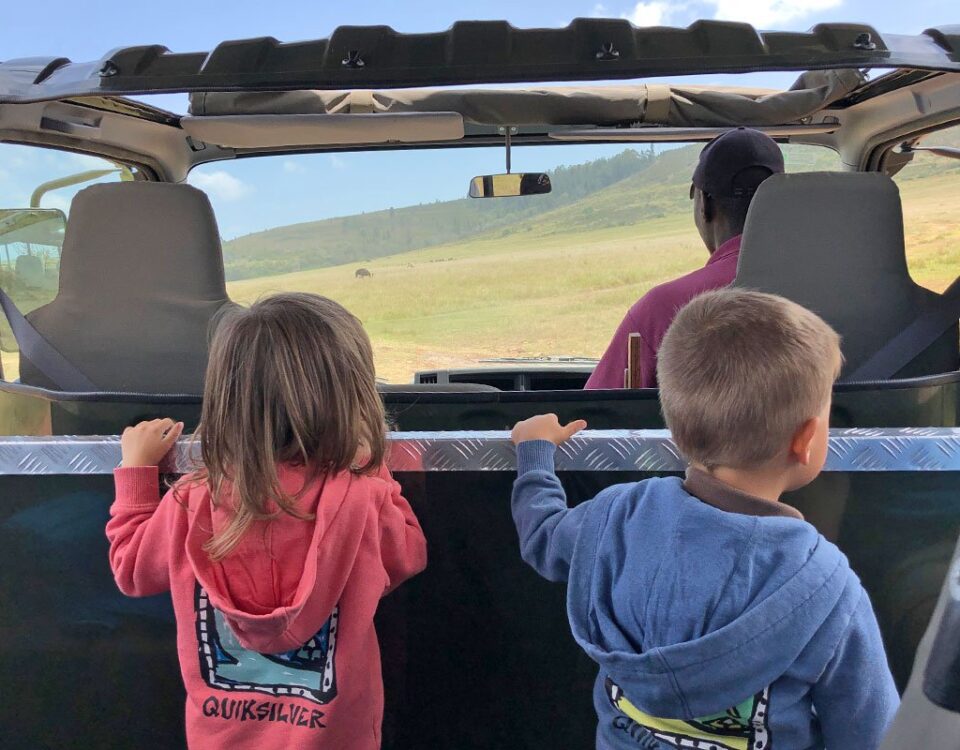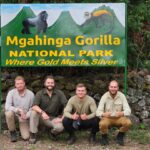
What if I Feel Sick Before the Uganda Gorilla Trek?
April 26, 2025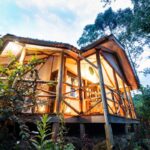
Are Luxury Lodges Available Near the Bwindi Impenetrable Forest?
April 30, 2025What If I Get Injured During the Uganda Gorilla Trek?
Uganda’s gorilla trekking experience is one of the most thrilling wildlife adventures on Earth. Trekking through the lush jungles of Bwindi Impenetrable Forest or Mgahinga Gorilla National Park to observe mountain gorillas in their natural habitat is a dream come true for many travelers. However, one common concern that arises is: “What if I get injured during the Uganda gorilla trek?” Given the physically demanding nature of the trek—which can range from gentle hikes to steep climbs over slippery terrain—this is a very valid question. Whether you’re holding a US$800 gorilla trekking permit or a US$1,500 gorilla habituation permit, your safety is a top priority. At Tubale Safaris Ltd, we take every step to prepare and protect our clients, ensuring they are well-informed and supported before, during, and after the trek.
Uganda Gorilla Trekking Safari Packages and Tours
- 3 Days Gorilla Habituation Safari
- 3 Days Gorilla Trekking Tour
- 3 Days Uganda Fly to Bwindi
- 5 Days Wildlife & Gorilla Safari
- 7 Days Uganda Gorilla Safari
- 8-Day Gorilla & Wildlife Tour
- 9 Days Best of Uganda Safari
- 5 Days Gorilla & Rafting Safari Uganda
- 6 Days Primates Safari Tour
- 10 Days Birding Tour Uganda
- 10 Days Uganda Wildlife Tour
- 12 Days Uganda Wildlife Tour
- 13 Days Pearl of Africa Tour
- 15 Days Uganda Safari
- 18 Days Uganda Safari
- 21 Days Birding Uganda Safari
- 24 Days Best of Uganda Tour
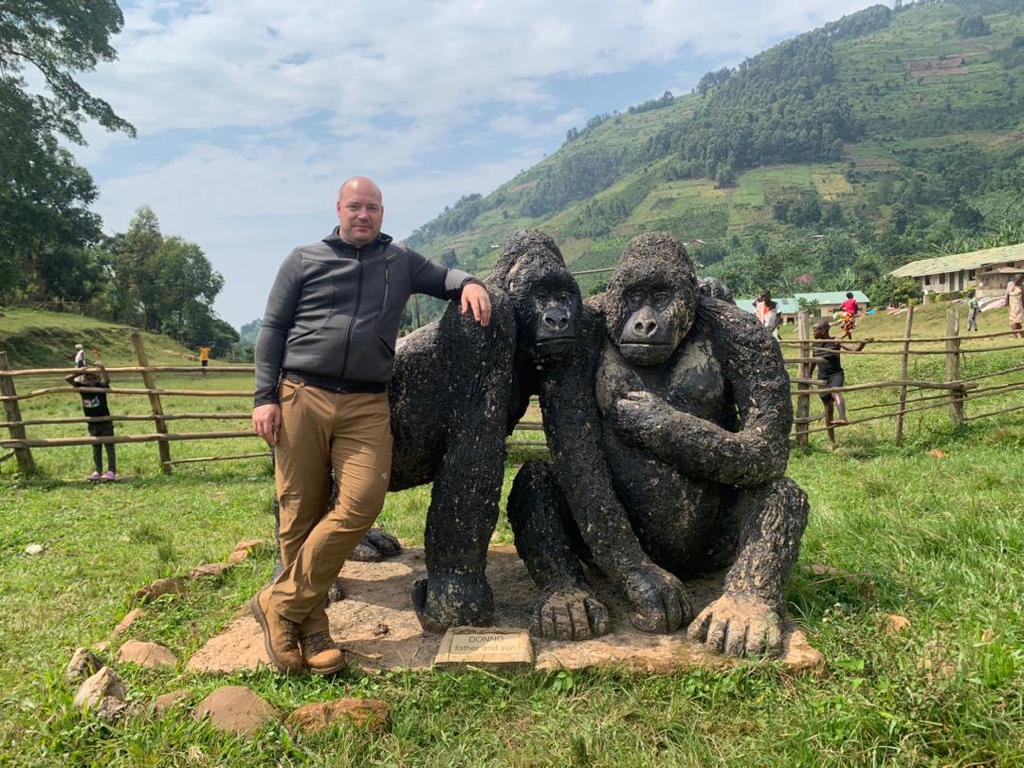
What If I Get Injured During the Uganda Gorilla Trek?
Understanding the Terrain and Potential Injuries
The Forest Trails and Physical Challenges
The terrain in Uganda’s gorilla trekking regions is rugged and untamed, which is part of the charm—but also part of the challenge. Treks can last from 2 to 8 hours, depending on the location of the gorilla family. Trails often pass through thick undergrowth, steep slopes, and wet, muddy conditions, which increase the risk of slips, sprains, or muscle fatigue. While serious injuries are rare, minor injuries like twisted ankles, bruises, or cuts can happen.
Common Types of Injuries on the Trek
The most common injuries include ankle sprains, falls, muscle cramps, or being scratched by vegetation. Occasionally, trekkers might overexert themselves due to the altitude or unfamiliarity with hiking in such environments. But don’t worry—Tubale Safaris Ltd prepares all clients with pre-trek briefings, packing lists, and guidance on fitness levels, so you know what to expect and how to prepare.
Preventive Tips Before You Trek
We always advise wearing sturdy hiking boots, using walking sticks (provided by the park), and hiring a porter to carry your bag and offer support over difficult terrain. Proper preparation greatly reduces your chance of injury, and Tubale Safaris Ltd will assist you in choosing the right gear and pace for your trek.
On-the-Ground Support and First Aid
Well-Trained Rangers and First Responders
If you’re wondering, “What if I get injured during the Uganda gorilla trek?”, rest assured that you won’t be alone. Every trekking group is led by trained Uganda Wildlife Authority (UWA) ranger guides, many of whom are certified in first aid response. They carry basic first aid kits and are trained to respond to typical trekking injuries swiftly and professionally.
Immediate First Aid and Assessment
Should you twist an ankle or experience any discomfort, the ranger will stop the trek, assess your condition, and apply basic first aid. This may include bandaging a wound, providing rest breaks, or helping you hydrate and recover from fatigue. Trekkers are encouraged to report even minor issues immediately so they can be addressed before worsening.
Communication and Emergency Protocols
Park rangers carry radios and mobile communication devices, which allow them to contact backup teams or vehicles if evacuation is required. Though forest terrain can slow down response time, rest assured that help will be mobilized as soon as it’s needed. Tubale Safaris Ltd works closely with UWA and has emergency contact channels ready for every trekker we send.
Evacuation and Recovery Procedures
Evacuation Support if Necessary
In rare cases where a guest is unable to continue the trek due to injury, park authorities will arrange an evacuation, usually using a local stretcher team or improvised chair (known as an “African Helicopter”). This ensures the injured person is safely moved back to base. Tubale Safaris Ltd monitors all treks in real-time and works behind the scenes to coordinate evacuation logistics and post-trek care.
Medical Clinics Near the Park
There are basic medical clinics and hospitals near Bwindi and Mgahinga that can handle common injuries. For serious injuries, Tubale Safaris Ltd can coordinate medical evacuation to better-equipped hospitals in Kabale, Mbarara, or Kampala. Our staff also assist with insurance claims and paperwork to ease your recovery process.
Travel Insurance for Peace of Mind
We highly recommend that all clients purchase comprehensive travel insurance before joining a gorilla trek. This should include emergency evacuation and medical coverage. Tubale Safaris Ltd can advise you on the best insurance options and ensure your policy aligns with gorilla trekking activities.
How Tubale Safaris Ltd Keeps You Safe
Pre-Trek Fitness Guidance and Packing Lists
At Tubale Safaris Ltd, our role goes beyond booking your US$800 trekking permit or US$1,500 habituation experience. We begin by helping you evaluate your fitness level, offering tips for pre-trip preparation like regular walking, hiking, and stretching exercises. We also provide a packing checklist that includes essential safety items such as a first aid kit, hydration pack, and protective gear.
Dedicated Guides and Personal Porters
All our guests are paired with dedicated local guides and porters, who not only help carry your daypack but offer stability on steep or slippery trails. This is especially beneficial for seniors or travelers with joint issues. Our porters are experienced, friendly, and trained to offer a helping hand in every step of the journey.
24/7 Emergency Contact and Backup Team
Our office maintains 24/7 communication with your assigned guide during the trek. If something happens, we can immediately deploy a backup team or alert park authorities. Whether it’s a simple sprain or a more serious situation, our emergency protocols ensure that your safety and comfort are prioritized at all times.
Final Thoughts – What If I Get Injured During the Uganda Gorilla Trek?
To sum it up, “What if I get injured during the Uganda gorilla trek?” is a valid concern—but one that has been thoughtfully addressed by both the Uganda Wildlife Authority and trusted tour operators like Tubale Safaris Ltd. While the trekking environment is physically demanding and accidents can happen, there are robust first aid systems, experienced guides, emergency communication tools, and evacuation procedures in place to support every trekker.
By following the right preparation tips, wearing appropriate gear, listening to your guides, and moving at a comfortable pace, you can drastically reduce your risk of injury. And in the unlikely event that an injury does occur, you’ll be in good hands—from the forest floor to your hotel room and beyond.
Tubale Safaris Ltd is committed to delivering not only magical gorilla encounters but also safe, well-supported, and carefully managed adventures that leave no room for worry. Your health and peace of mind is our top priorities.

